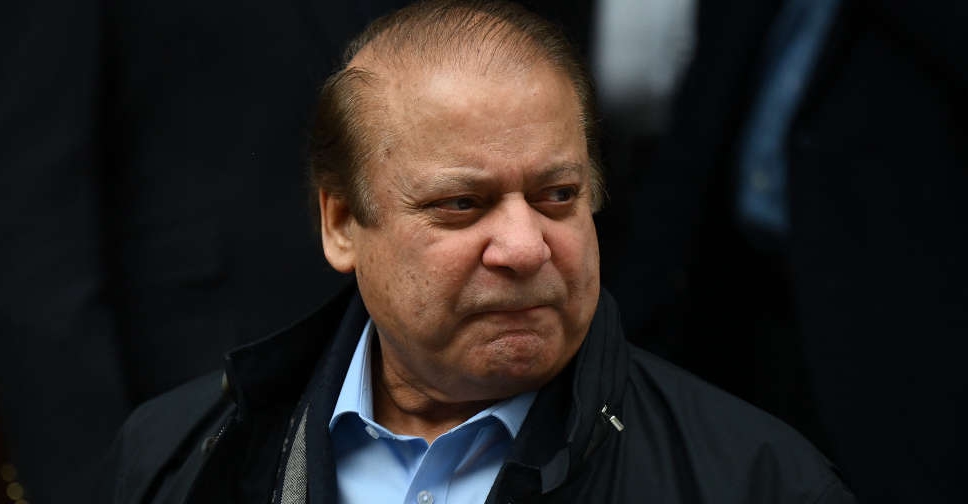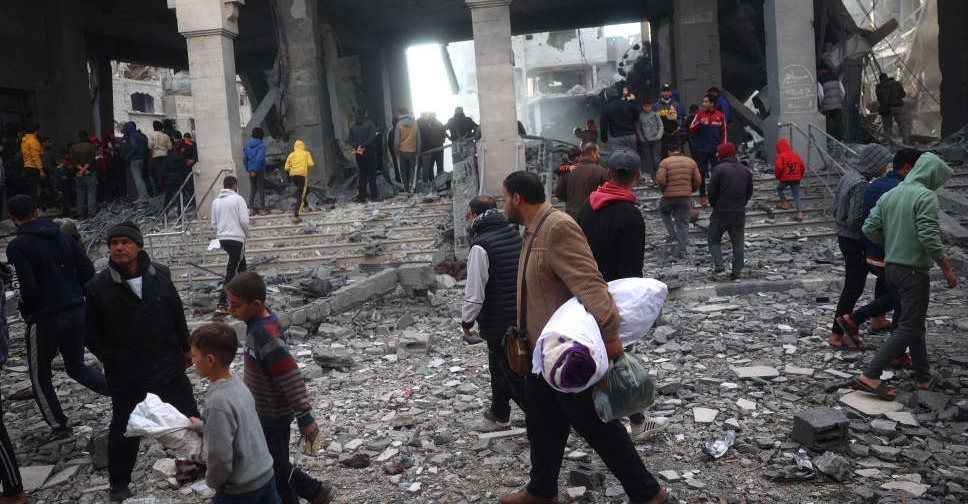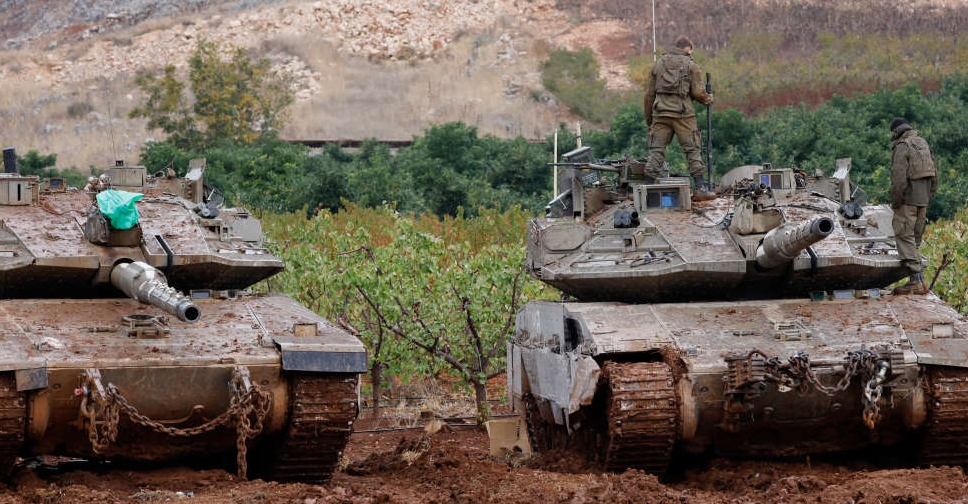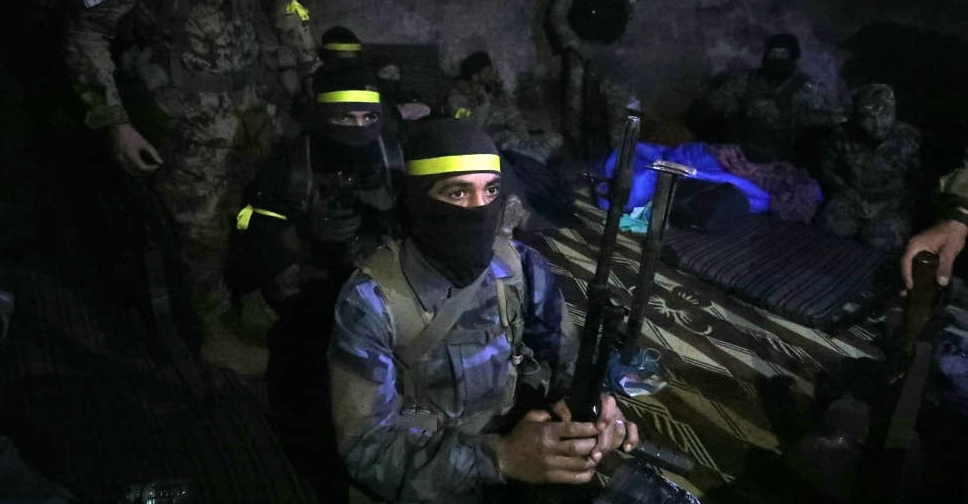
The party of Pakistan's former prime minister Nawaz Sharif, considered the front-runner to win upcoming general elections, launched its campaign on Monday amid accusations that the military's support is already giving him an edge over rivals.
The campaign for the February 8 polls, delayed since November, looks set to fire up a lukewarm race so far amid an uncertain political environment after Sharif's main rival and jailed former premier Imran Khan's party is facing what is considered a military-backed crackdown.
Sharif's daughter Maryam Nawaz, who is also considered his political heir, started the party's campaign at a rally in the eastern city of Okara in Punjab province.
"The more you vote for us the more you will see your household expenses going down," she said amid inflation that has been hovering around 30 per cent in recent months.
Sharif, who returned from self-exile in London late last year, has pledged to rebuild the country's $350 billion economy, which is battling high inflation, an unstable currency and low foreign exchange reserves, despite averting a debt default with an IMF bailout last summer.
Analysts believe the South Asian nation's powerful military has thrown its backing to Sharif, 74, after it was locked in a standoff with former cricket star Khan, 71.
That gives Sharif an edge in a country where army generals exert undue influence over establishing governments.
The military denies the accusations, and says it remains apolitical.
Major players such as the Pakistan Peoples Party (PPP) of late prime minister Benazir Bhutto have already begun campaigns, but these have been muted compared to past polls.
The Pakistan Muslim League-Nawaz has started its campaign late, while Khan's Pakistan Tehreek-e-Insaf (PTI) says it is not being allowed rallies by the authorities.
Khan's PTI, which analysts and political opponents say won the 2018 elections with the military's support, is facing state-backed efforts to block candidates on legal and technical grounds.
Sharif, elected prime minister in 1990, 1997, and 2013, has blamed his 2017 ouster and subsequent corruption convictions on the military, with which he had fallen out.



 Australia passes social media ban for children under 16
Australia passes social media ban for children under 16
 17 killed as Israel ups bombing in Gaza
17 killed as Israel ups bombing in Gaza
 Israeli tank fires on south Lebanon
Israeli tank fires on south Lebanon
 Landslides in Indonesia's Sumatra kill at least 27
Landslides in Indonesia's Sumatra kill at least 27
 Syrian armed group makes first advance in years
Syrian armed group makes first advance in years







